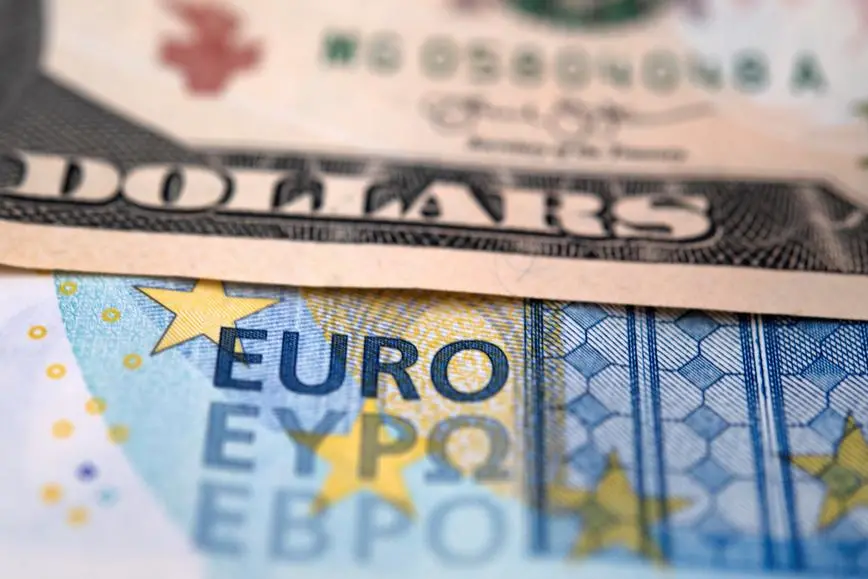PHOTO
Tax raised by governments in OECD countries as a proportion of GDP fell in 2022 for only the third time since the global financial crisis, the Paris-based organisation said on Wednesday.
In its annual revenue statistics report the Organisation for Economic Cooperation and Development showed that the average tax to Gross Domestic Product (GDP) ratio across OECD countries fell by 0.15 percentage points last year to 34.0%.
Since 2008, the only other declines were in recorded in 2017 and 2019, at 0.6 and 0.1 percentage points respectively.
Revenue from excise taxes fell as a share of GDP in 2022 in 34 of the 36 countries for which preliminary data is available, the report said.
In some European countries, these declines were due to sharp increases in energy prices, which led to lower demand and in many a reduction in energy taxes, the OECD said.
Oil prices were volatile in 2022, boosted as the war in Ukraine tightened supplies and then sliding on weaker demand from top importer China and worries of an economic contraction.
Revenue from value-added tax (VAT) also decreased as a share of GDP in 19 countries, partly as a result of government policies to cushion consumers against high food and energy prices.
The fall in revenue from excise taxes was partly offset by growth in corporate income taxes, which rose as a share of GDP in more than three-quarters of OECD countries as profits increased, especially in the energy and agricultural sectors, the study found.
France had the highest tax-to-GDP ratio (46.1%) in 2022, followed by Norway (44.3%), while Mexico had the lowest (16.9%).
Denmark recorded the largest fall in its tax-to-GDP ratio between 2021 and 2022 (-5.5%) as revenue from income taxes and from taxes on goods and services dropped.
The largest increase was in Korea (2.2%), helped by higher corporate income tax and value added tax.
(Reporting by Matteo Allievi, editing by Kirsten Donovan)





















